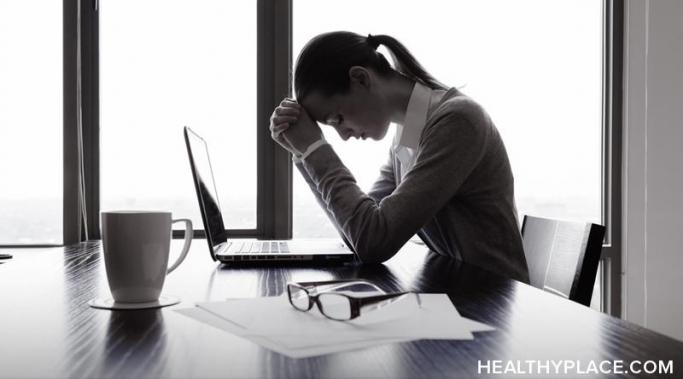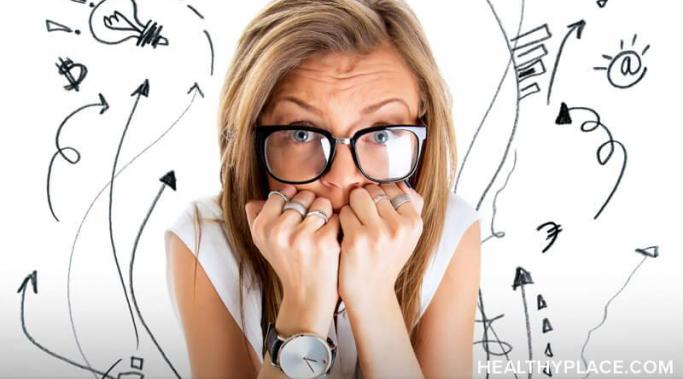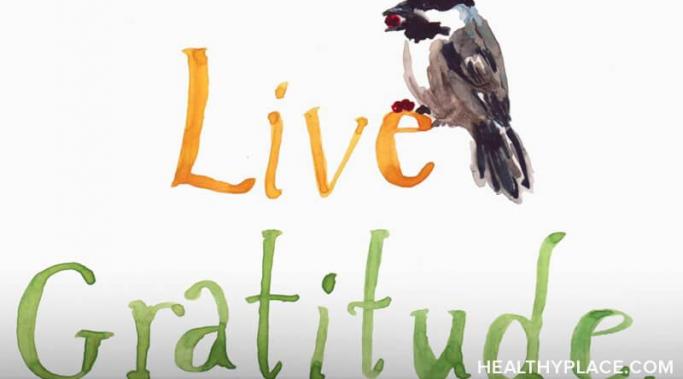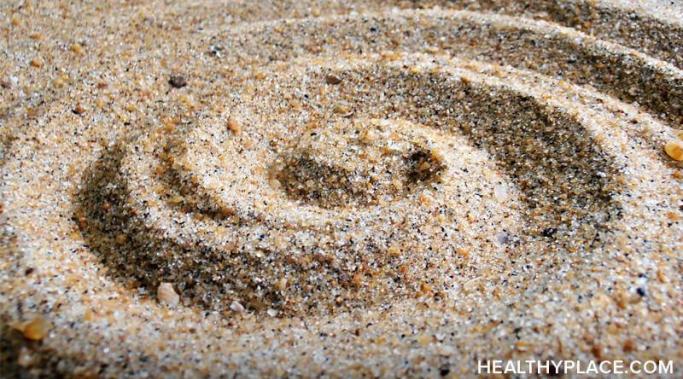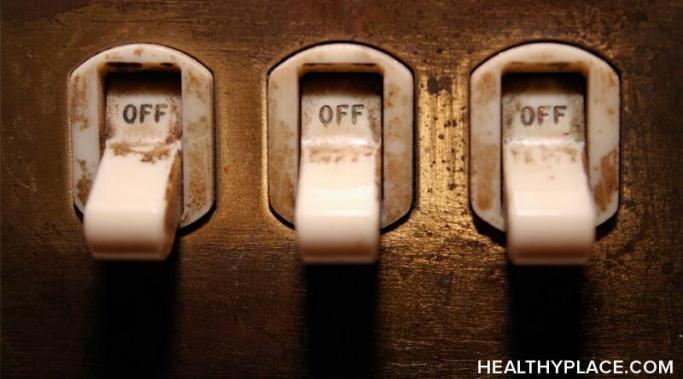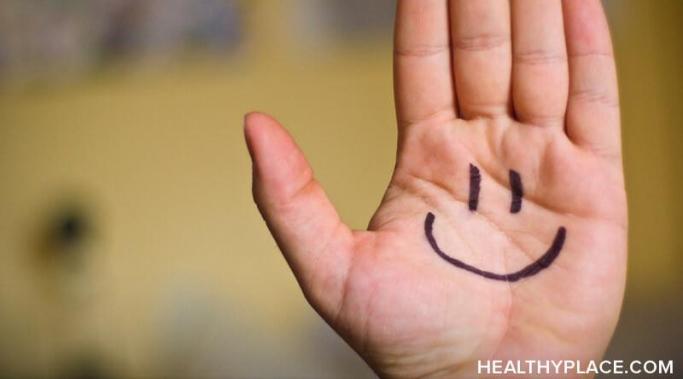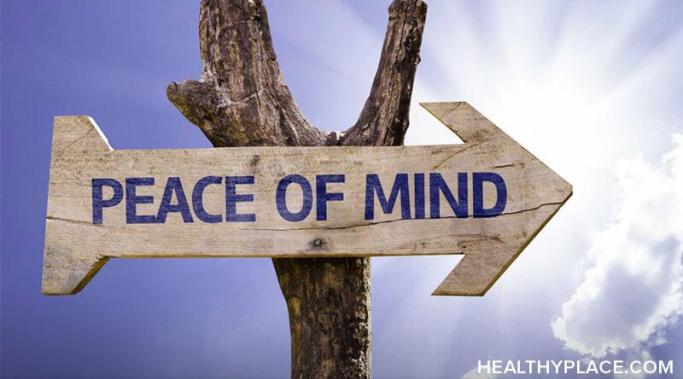This is your year to find ways to reduce anxiety. Most likely, you’ve been working on doing so already, which means you have a head start. You may have already experienced successes, and you can build on that momentum this year. You might also have experienced setbacks and difficulties getting rid of worries, fears, social anxiety, racing or obsessive thoughts, and the myriad effects and symptoms of anxiety. This is why it’s important to celebrate a new year. A new year is symbolic of a fresh start. You can learn new ways to reduce anxiety in 2018.
Anxiety Management – Anxiety Schmanxiety
If you increase your uncertainty intolerance, your anxiety level will decrease. Facing uncertainty—not knowing what is going to happen in your life on both big and small scales—can cause or increase anxiety. Being really uncomfortable with uncertainty, officially called uncertainty intolerance (and sometimes referred to as fear of the unknown), is common in people living with anxiety. If you find yourself worried, anxious, and stressed when you can’t predict what’s going to happen, here’s a helpful certainty: you can do something about this type of anxiety and increase your uncertainty intolerance, and overall mental health, in the process.
Focusing our thoughts is a powerful way to reduce anxiety because we're taking charge of our thoughts. A frustrating thing about anxiety is that it seems to take over. It invades our thoughts and runs wild with them. All types of anxiety involve racing thoughts, and racing thoughts are unfocused thoughts. Or perhaps they are focused, it's just that they're focused on worries, fears, negative self-judgments, and traps we're stuck in. You can calm your mind and reduce anxiety by focusing your thoughts.
Sometimes, knowing the main causes of anxiety isn't necessary. Sometimes, it's not even desirable because working to uncover the causes of your anxiety could do more harm than good. There are times, however, that knowing the main cause of your anxiety can be very helpful because it gives you something tangible to address. Let's look at two main causes of anxiety and discover how to remove them.
My life is chaos and that makes coping with anxiety difficult. In this house, there is always something going on, whether it’s family drama, the dogs barking at everything, or something essential changing. At present, there is no clear path to my desk because my aunt recently moved in. I know I will go to the storage unit soon and fix this overcrowded situation. In the meantime, it is hard not to let the abundance of personal belongings drive me to distraction. For me, I have to find ways to get things done with anxiety even when life is in chaos.
Mental health experts agree: feeling and expressing gratitude helps anxiety. However, when you live with anxiety, it hardly seems possible that gratitude can lower or help anxiety. For one thing, it can be challenging to find things for which to feel grateful when you're living in the grips of anxiety. For another, how can being grateful for something help anxiety? Once you know what gratitude is and is not, you can use thankfulness to improve your mental health. Even better, you can get light-hearted (something refreshing when you have anxiety) and play a gratitude game to reduce anxiety.
Put your anxiety relief into your own hands with do-it-yourself (DIY) mindfulness tools. Make some objects to add to your growing toolbox of strategies to lower your anxiety. An anxiety toolbox refers to techniques you use to reduce anxiety, both in the immediate moment and long term. Some tools are actual objects, such as a jar of bubbles to foster slow, deep breathing. Other comfort objects reduce anxiety as well. Here are three mindfulness tools you can make for DIY anxiety relief.
Recognizing obsessive-compulsive disorder (OCD) rituals can be an important journey of self-discovery. Obsessive-compulsive disorder sufferers often have mental rituals that help lessen their worries and unwanted thoughts. When a sufferer performs an OCD ritual, it can temporarily help relieve anxiety. The rituals may seem illogical to those who don’t have the disorder. But to those who suffer from this often-devastating condition, recognizing OCD rituals and their triggers can sometimes lead to greater self-understanding and relief.
You can reduce holiday anxiety, a very real experience, by coping ahead of time. Contrary to what greeting cards and advertisements depict, the holidays aren’t always relaxed and happy-go-lucky. Lots of things conspire to make our anxiety spike, and linger, from before Thanksgiving all the way through the New Year. You don’t have to let holiday anxiety dampen your spirit. Check out 7 Causes of Holiday Anxiety if you missed it. Then, take some of the actions below to reduce holiday anxiety at its core cause.
Mindfulness-based stress reduction, or MBSR, for anxiety is much more than just a long, official-sounding, somewhat intimidating name. MBSR is an accessible process that helps people of all ages, beliefs, and backgrounds turn stress and struggles like anxiety into positive change for their lives. Developed by Jon Kabat-Zinn in 1979, MBSR is a program that uses mindfulness to enhance wellbeing. In doing that, MBSR reduces stress and anxiety when they interfere in your life. Whether or not you participate in a formal program, you can use MBSR to rein in your anxiety and stress.



